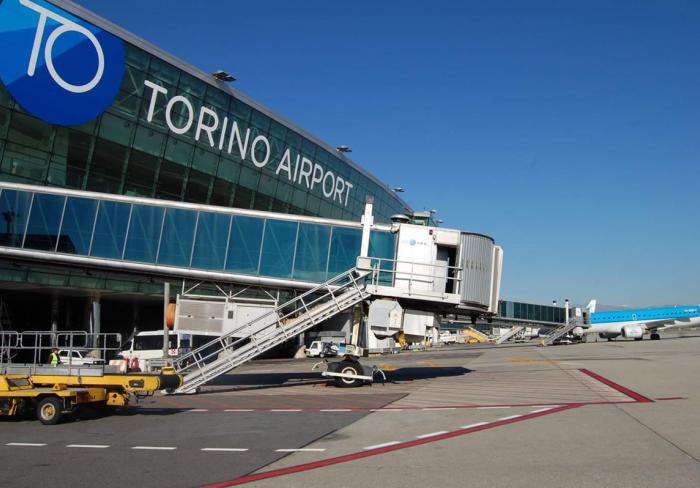The Caribbean as a travel destination is beginning to be a competitive headache for Spain´s Canary Islands, warned Jesus Martinez Millan, president of the Spanish Travel Agency Corporate Front Office (CAAVE). The Caribbean is all the rage now among Spanish travelers, not only as a sun-and-sand destination, but also as a spot likened to ruins (cultural tourism) or cruises.
“Tourists are willing to shell out some more money and travel to the other side of the world,” he explained.
As Brazil is now selling tours around its best-known favela (skid row) of Rocinha, the economic crisis that swept Argentina in the waning days of 2001 brought about another unexpected phenomenon: groups of visitors who travel to that country to take pictures of people walking picket lines in Plaza de Mayo (May Square). Local newspaper El Independiente recently published an assessment of this fledgling travel modality.
The new trend is definitely taking adventure tourism up a notch, giving trippers the chance of touring unknown and dangerous places, either for the residents or the local wildlife. In this particular case, curiosity is the name of the game and a good dose of in-the-raw reality check is what actually drives people to snoop around, the newspaper reports.
The Latin American and Caribbean overall economy will take a 3.3 percent jump this year according to estimates reckoned by the Economic Commission for Latin America and the Caribbean (CEPAL is the acronym in Spanish).
The economic going of Latin American nations, though, will hinge heavily on the good health of the U.S. economy.
A larger amount of Americans is expected to start trickling out overseas and spend more cash this summer, thus putting behind fears of leaving their homes caused by the 9/11 terrorist attacks back in 2001, the Travel Industry Association of America (TIA) reported today in a poll.
African governments can help create the necessary market conditions to stimulate the development of tourism as a way to ward off poverty, officials from the World Tourism Organization (WTO) said today.
The Argentinean government expects to come in for some 18 million national and foreign travelers this year, in what authorities believe will be the mightiest strengthening of the local leisure sector after the economic crisis that swept the nation in 2001 and most of 2002.









